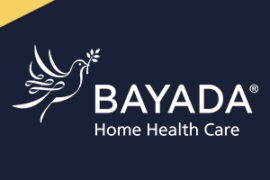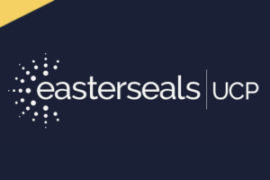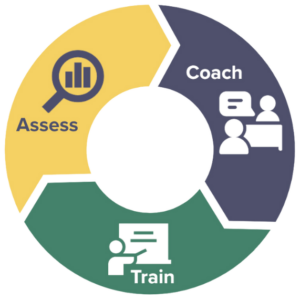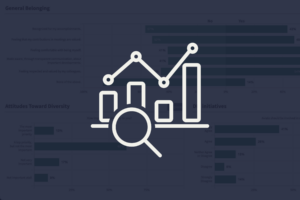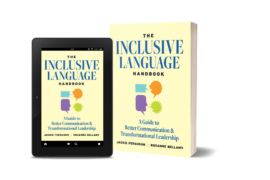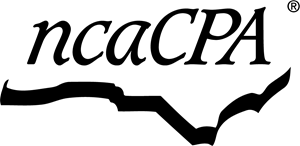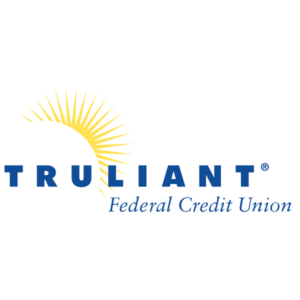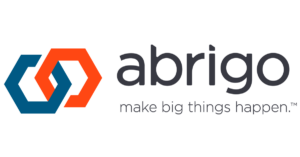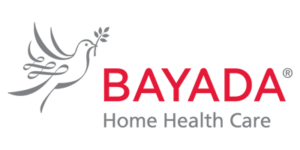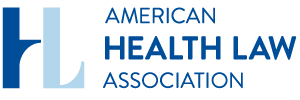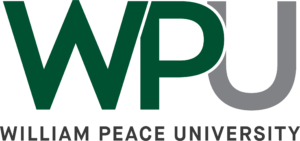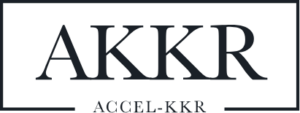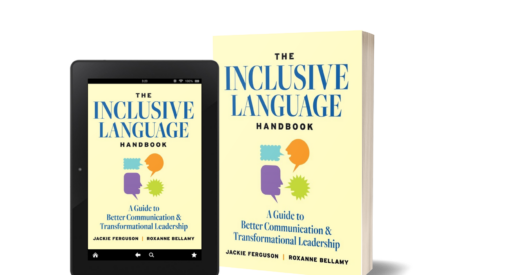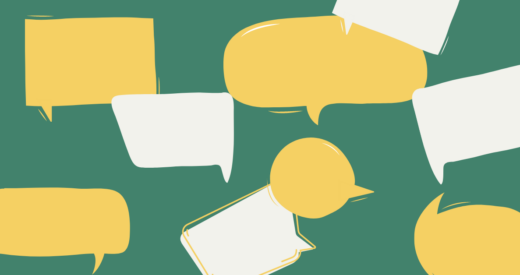Avoid Costly Communication Errors
TDM delivers strategic guidance, real-world tips, and expert training to improve organizational communication (we literally wrote the book on inclusive language). Your commitment and our counsel is a recipe for success.
Our Approach to Improving Team Communication and Collaboration
TDM makes your path to inclusive communication clear and achievable with our suite of detailed assessments, dedicated coaches, and world class training. Our ACT approach (Assess | Coach | Train) enables your team to put their best foot forward, develop a culture of collaboration, and improve relationships.

Inclusive Communication Assessments include reviewing communication practices and assets with a DEI mindset.
Our team works with you to review historical findings, communication assets like your website, job descriptions, public statements, campaign materials, social media posts, and more to identify areas for improvement. Our experts can also work with your leaders to assess personal communication strengths and areas for improvement – both written and verbal.
Inclusive Communication Coaching supports your teams as they transform their leadership style through honing communication skills. We can also help your team develop a communication strategy and public statements around DEI efforts.
Individual & group coaching sessions are a safe space for leaders to ask questions, seek guidance, and work through specific challenges. This ensures that they get the full benefit from all the new skills, information, insight they are gaining.
Learn more about TDM’s coaching services:
Inclusive Communication Training helps your teams learn, hone, and practice inclusive language and inclusive listening skills. With so many inclusive communication workshops and courses to choose from, we will work with you to craft the perfect learning plan for your team.
Diversity: Beyond the Checkbox – Inclusive Language Course
View All Inclusive Communications Workshops >
- Inclusive Language Workshop
- Inclusive Listening Workshop
- Workplace Communication Workshop
- It’s Not You, It’s the Language Workshop
- Inclusive Communications: Media Training
- Inclusive Communications: Public Speaking and Presentations
- Inclusive Communications: On-Camera Training
Thriving Organizations Rely on TDM
Proven Impact
Thoughtfully chosen words can build powerful relationships. However, harmful language can create a toxic culture, high turnover, and damage reputations permanently.
See how William Peace University Acknowledged Its History through an Inclusive Communication Strategy
Inclusive Language & Communication Resources
Excellent Communication Is Within Reach.
We’re here to help.
Frequently Asked Questions
What is inclusive language?
Inclusive language is the daily practice of intentional word selection that acknowledges diversity, conveys respect to all people, and promotes equitable opportunities. Being mindful of the ways we refer to and describe each other helps us build a more inclusive culture. Yet, many commonplace phrases and terms are rooted in discrimination and oppression, which is why it’s important to learn about and practice inclusive language.
Why does inclusive language matter?
The words we use reflect how we view the world. Sometimes, we choose our words intentionally. Other times, we may not be fully aware of what our word choices imply.
Our good intentions must match our word choices. Inclusive language enables us to gain confidence in how we communicate about – or refer to – others. Thoughtfully chosen words can build powerful relationships. However, in the workplace, harmful language can create a toxic culture, high turnover, and damage reputations permanently.
Using inclusive language helps foster diversity, reduce microaggressions, and prevent unintentional harm to others.
What is inclusive listening?
Inclusive listening is the act of listening, with intentionality, to all the voices of a diverse workforce. It means listening to others in ways that invite participation and collaboration. In a global workforce, where English isn’t everyone’s first language, inclusive listening includes developing the skills to understand the accents of clients and colleagues who speak English as an additional language (aka accent comprehension).
